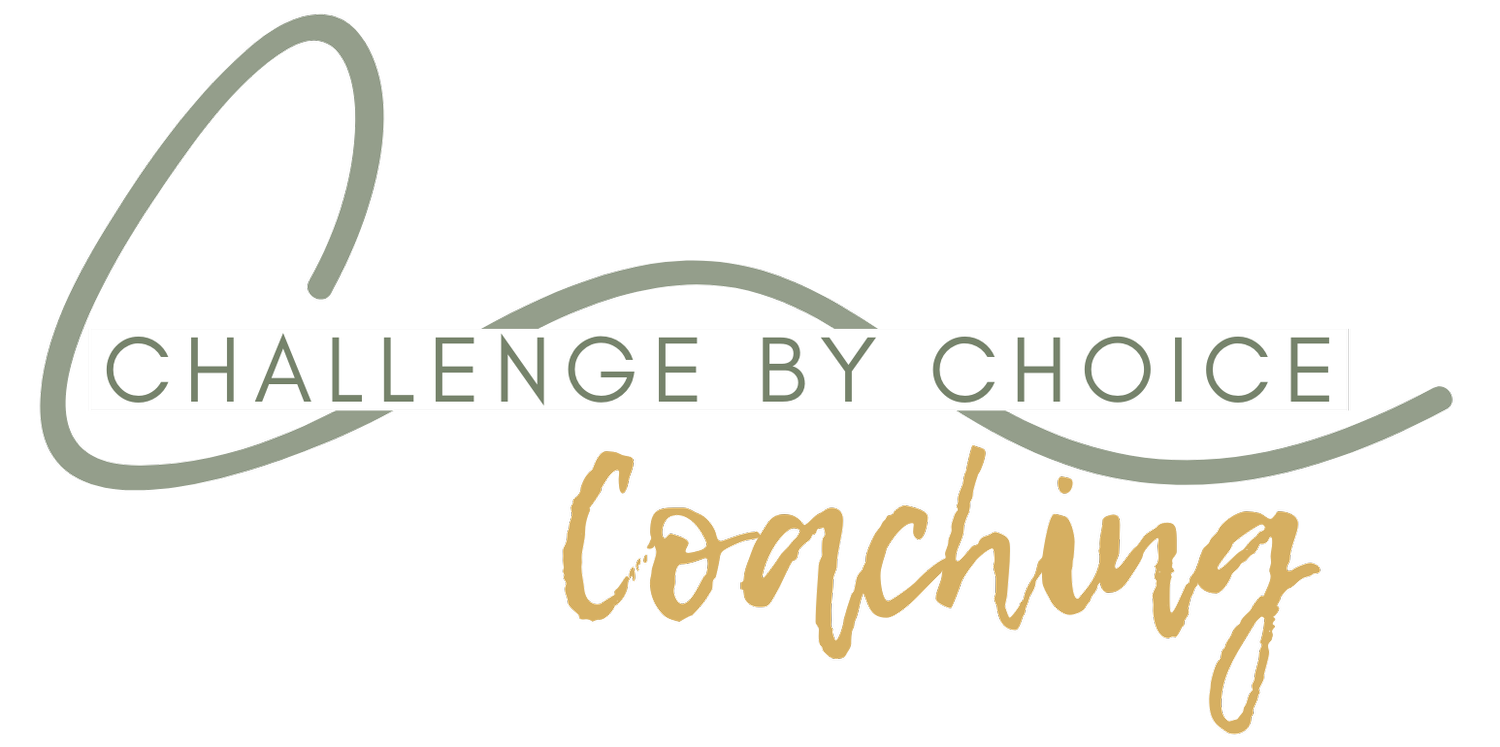How concentrating on breathing enhances well-being
Why talk about breathing? Isn’t that an involuntary thing? You just do it? Seems like a weird question on first glance, but when you think about it, there’s way more to it. Actually being more conscious of it will improve your health.
We often take breathing for granted, a vital function that happens automatically. But what if we told you that focusing on your breath could unlock a treasure trove of health benefits? Conscious breathing, also known as breathwork, is the practice of paying attention to your inhalation and exhalation, and it offers a powerful way to improve both your physical and mental well-being.
Let’s talk about why concentrating on how you breathe can be so beneficial.
Reduced Stress and Anxiety. When we feel stressed, our breathing becomes shallow and rapid. A 2023 study published in the International Journal of Stress Management found that breathwork techniques like diaphragmatic breathing can activate the parasympathetic nervous system, the body's relaxation response. This leads to a decrease in stress hormones like cortisol, promoting feelings of calm and well-being.
Improved Sleep Quality. Chronic stress and anxiety can significantly disrupt sleep patterns. Breathwork techniques like alternate nostril breathing can help quiet the mind and prepare the body for sleep. A 2022 research review published in Complementary Therapies in Medicine found that breathwork interventions were effective in improving sleep quality in adults with insomnia.
Better Physical Performance. Our bodies require a steady supply of oxygen to function optimally. By focusing on deep, diaphragmatic breathing, we can increase lung capacity and improve oxygen delivery to our muscles. A 2021 study in the International Journal of Sports Physiology and Performance found that breathwork training noticeably improved exercise performance in athletes.
Here’s one we all need sooner than later: boosted immune function. Chronic stress can weaken the immune system. Breathwork techniques that promote relaxation may help strengthen the body's defenses against illness. A 2019 study published in Frontiers in Immunology found that mindfulness-based interventions, which often incorporate breathwork practices, were associated with improvements in immune function.
Increased Focus and Clarity. When our minds are racing with thoughts, focus and productivity can suffer. Breathwork exercises can help anchor our attention in the present moment, leading to improved concentration and mental clarity. A 2020 study in the Journal of Cognitive Enhancement found that breathwork meditation was effective in improving cognitive function.
So how can you improve your health through better breathwork, you ask? Here are some ways to get you started.
Diaphragmatic breathing. This technique involves breathing deeply from your belly rather than your chest. Place one hand on your chest and the other on your stomach. As you inhale, feel your stomach expand, and exhale by contracting your abdominal muscles. Practice for a few minutes daily.
Alternate nostril breathing. This technique involves closing one nostril at a time while inhaling and exhaling through the other. It can help to balance the nervous system and promote relaxation. There are many free guided meditations available online that can teach you this technique.
Box breathing. This simple technique involves inhaling for a count of four, holding your breath for a count of four, exhaling for a count of four, and holding your breath again for a count of four. Repeat for several cycles. Box breathing can help to calm the mind and manage anxiety in the moment.
Add breathwork into exercise. Many forms of exercise, such as yoga and tai chi, incorporate mindful breathing practices. Focusing on your breath during exercise can improve your muscle performance and make your workout more enjoyable.
Remember, consistency is key when it comes to reaping the benefits of breathwork. Start with a few minutes of practice each day and gradually increase the duration as you become more comfortable. With dedication, you can unlock the power of your breath and find yourself drawing on it to manage a myriad of different situations.

